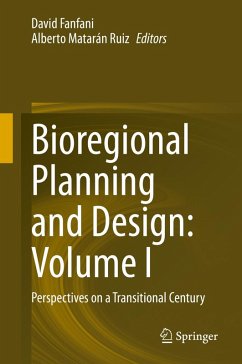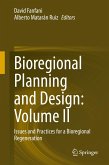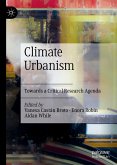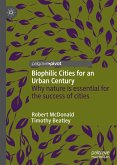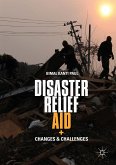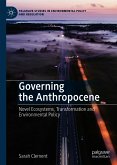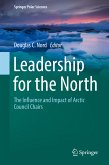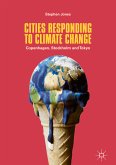This book provides a review of the bioregionalist theory in the field of spatial planning and design as a suitable approach to cope with the growing concerns about the negative effects of metropolization processes and the need for a sustainable transition. The book starts out with a section on rethinking places for community life, and discusses the reframing of regional governance and development as well as social justice in spatial planning. It introduces the concept of the urban bioregion, a pivotal concept that underpins balanced polycentric spatial patterns and supports self-reliant and fair local development. The second part of the book focuses on planning, and particularly on the issues that arise from the 'circular' recovery of the relation between city and agro-ecosystems for integrated planning and resilience of settlements and discusses topics such as foodshed planning, biophilic urbanism and the integration of rural development and spatial planning. This volume sets out the reference framework for Volume II which deals with more specific and operational issues related to spatial policies and settlement design.
Dieser Download kann aus rechtlichen Gründen nur mit Rechnungsadresse in A, B, BG, CY, CZ, D, DK, EW, E, FIN, F, GR, HR, H, IRL, I, LT, L, LR, M, NL, PL, P, R, S, SLO, SK ausgeliefert werden.

